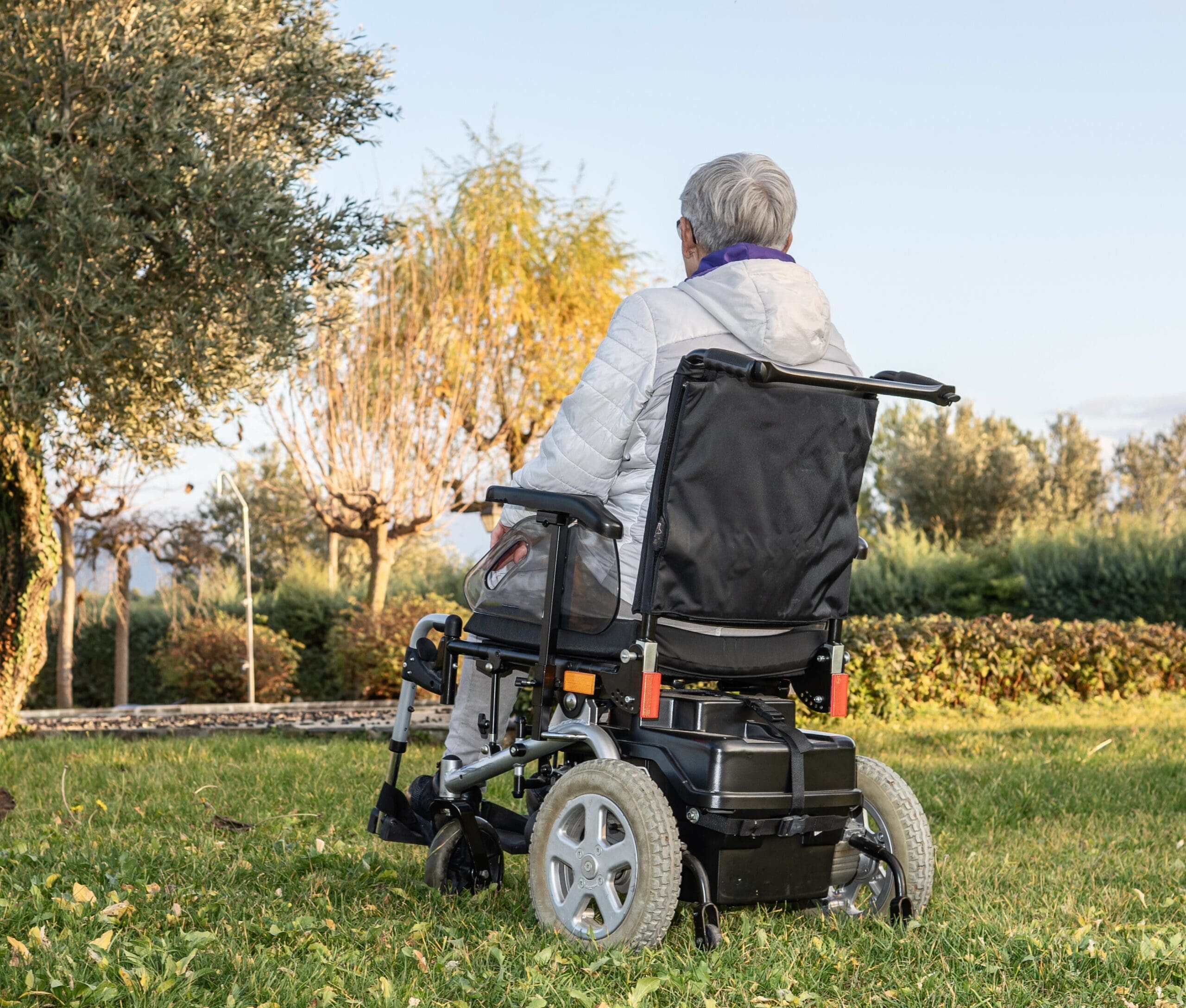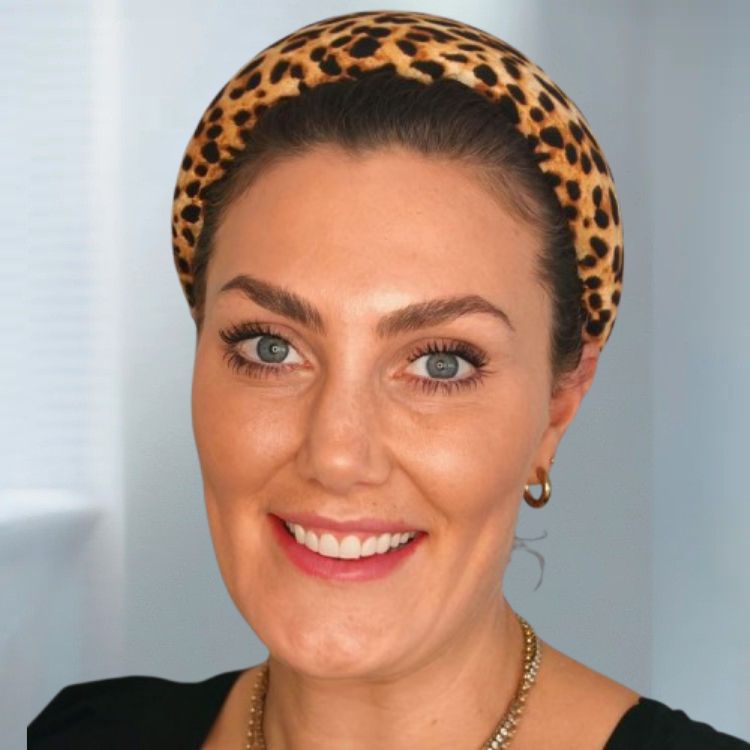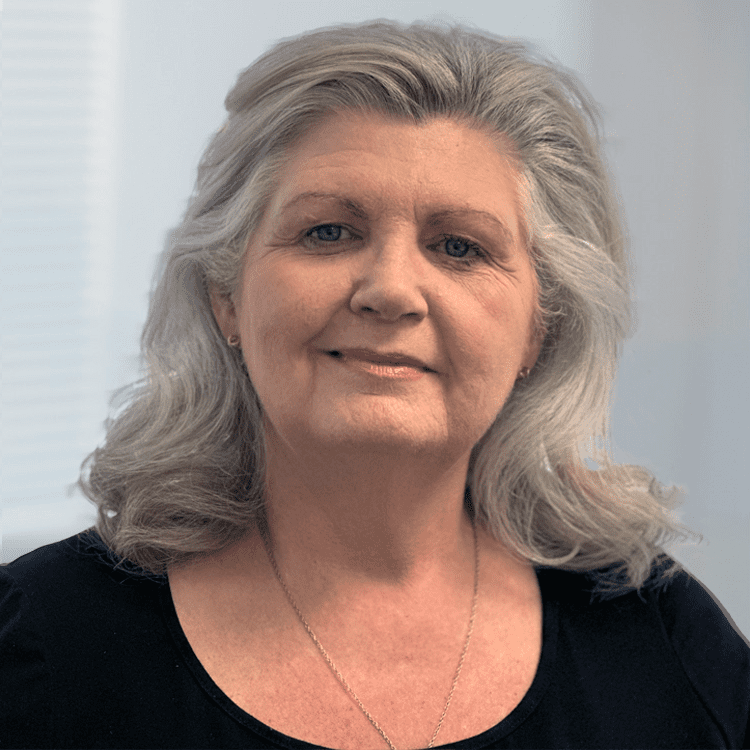Tatiana's Story

Tatiana is a 67-year-old lady who sustained a spinal cord injury following a fall resulting in life-altering paralysis. This impacted on her respiratory and autonomic nervous system requiring support 24 hours per day from a team of clinically skilled care workers.
Initially transferred to a major trauma centre she was relocated to Stoke Mandeville Hospital for a prescribed rehabilitation program. This was a 72-mile-round trip from her family and home in North-West London so remained determined to be discharged home closer to them.
HFH Healthcare were commissioned to meet her clinical, essential and basic self-care needs. The clinical requirements included tracheostomy management, mechanical chest physio, management of a neurogenic bladder and bowel, autonomic dysreflexia, complex moving and handling and type 1 diabetes.
On referral our onboarding nurse completed a full assessment of Tatiana’s needs and a home environment risk assessment. Some minor adaptations were necessary for us to safely deliver care, a key safe was installed to ensure easy and safe access to the home. We were quick to identify an already skilled team of specialist carers who were enrolled in patient specific training. Prior to mobilisation Tatiana contracted Covid-19, we liaised daily with the ward to ensure an adequate period of isolation mitigating the risk of her care team contracting this. On recovery Stoke Mandeville accommodated a period of orientation shifts to facilitate exposure to Tatiana’s specific routine and embed the carers skills and knowledge. Over a period of two weeks, our nurse case manager attended the ward to work alongside our team and ensure they experienced the relevant exposure prior to deeming them competent and confident to safely meet her needs.
The discharge planning process involved an interprofessional team approach, we engaged with multiple professionals to encourage open communication and coordinate the relevant consumables, medication, and equipment. Strong partnership working and effective communication channels provided role clarity resulting in positive outcomes for the patient and expedited the arrival of items of equipment. It enabled us to work through challenges as a team and identify appropriate solutions to ensure timescales could be met.
Prior to discharge HFH attended the property to unpack and charge equipment and devise an itemised medical consumables list. This identified any missing products which would be required daily and supports the care team with the ongoing ordering and management. On discharge we supplied a skilled care worker to escort Tatiana home on transport and greeted her on arrival. This negated the need for hospital staff to leave the ward. Tatiana was discharged home with a week’s worth of consumables to allow the district nursing team sufficient lead time to process her repeat items. On orientation to the home, we discovered a time specific medication was missing and liaised with the GP to ensure a community prescription could be generated and dispensed.
Now re-integrated into the community, Tatiana has expressed “Thank you for the support of the HFH nurses to get me home. I’m very happy with my care team!” Her discharge was safe, appropriate and timely, completed in two weeks from funding approval. She resides in her home close to family and friends with a skilled care team around her who continue to support her rehabilitation journey. The nurse case manager continues to work closely to support and supervise her clinical needs ensuring safe and effective life-long intervention.





